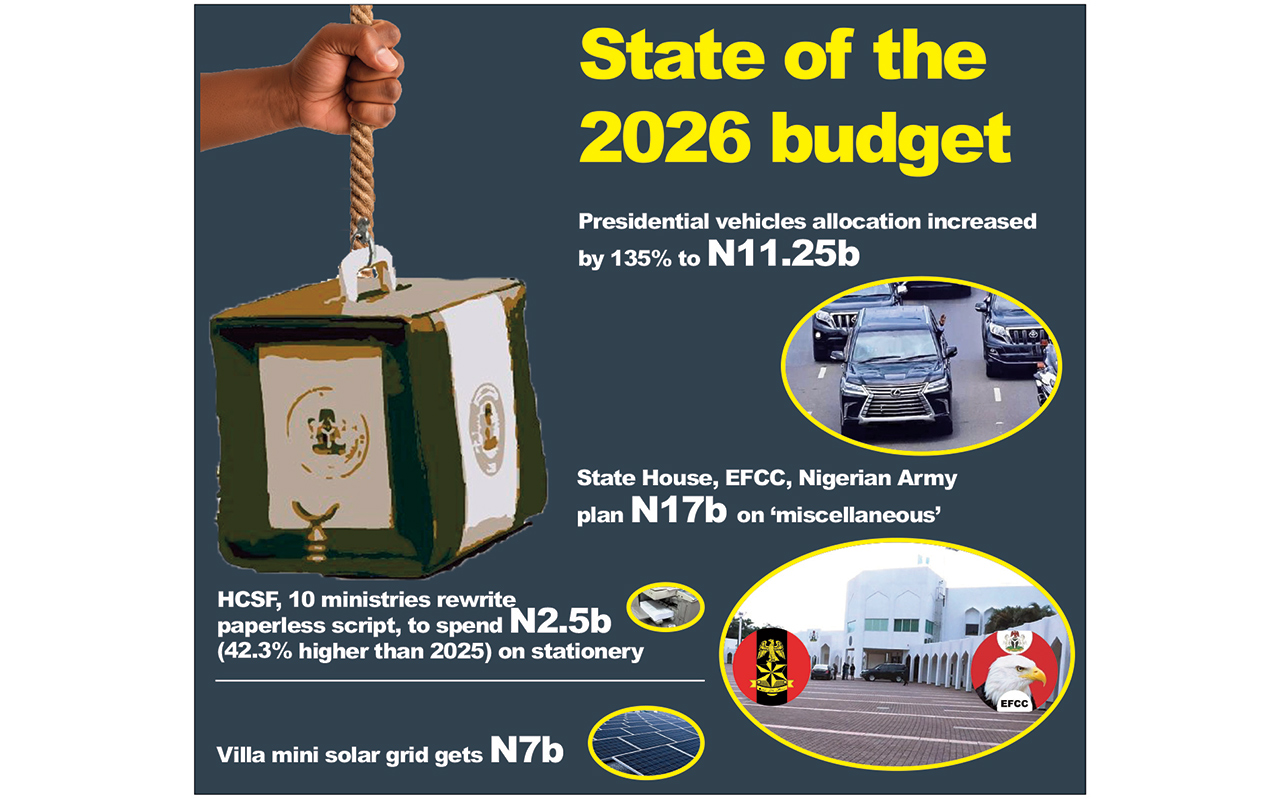
• PRAWA Urges Roadmap For Sustainable Reforms
• Harps On Collaboration Between FG, States
The Attorney General of the Federation and Minister of Justice, Lateef Fagbemi (SAN) alongside the Minister of Interior, Olubunmi Tunji-Ojo, and other stakeholders have reaffirmed their commitments to advancing Nigeria’s correctional system reforms.
They urged the state governments to take full advantage of recent legislative reforms to transform the country’s correctional system.
The stakeholders spoke at a two-day dialogue on correctional administration, held from Thursday to Friday in Abuja, as part of the 30th-anniversary commemoration of the Prisoners Rehabilitation and Welfare Action (PRAWA).
The dialogue was organised by PRAWA, Body of Attorneys General and Conference of Speakers in collaboration with the Federal Ministries of Justice and Interior with support from the European Union.
Speaking on the ‘Model State Correctional Services Law’, PRAWA President, Associate Professor Uju Agomoh, underscored the transformative potential of the Nigerian Correctional Service Act 2019 and the 2023 constitutional amendments, which moved correctional services from the Exclusive to the Concurrent Legislative List.
She described these reforms as rare opportunities to redefine correctional facilities as centres of rehabilitation, reformation, and reintegration, empowering states to establish and manage their correctional facilities for improved public safety.
PRAWA Board Chairman, Chris Enenya, also stressed the importance of collaboration between federal and state institutions in addressing systemic challenges in correctional administration.
Enenya noted that correctional services are central to justice, human rights, and security, stressing the need for a collective action to resolve issues such as overcrowding, underfunding, prolonged pretrial detention, and insufficient use of non-custodial measures.
He called for aligning policies to create a roadmap for sustainable reforms, emphasising that correctional administration should not only rehabilitate offenders but also enhance public safety and societal cohesion.
Enenya reflected on PRAWA’s 30 years of service, acknowledging its contributions to building capacity among correctional officers, creating operational guidelines for non-custodial measures, and supporting the reintegration of ex-offenders.
He praised the organisation’s partners, including the Nigerian Correctional Service (NCS) under Comptroller General Haliru Nababa, the Ministries of Justice and Interior, the body of Attorneys General, and the Conference of Speakers, for their efforts in fostering legislative and judicial reforms.
On his part, Fagbemi reiterated the Federal Government’s dedication to promoting international best practices in correctional services, assuring stakeholders that the Ministry of Justice remains committed to ensuring that correctional centres uphold dignity and justice.
Similarly, Tunji-Ojo called for a change in the attitude and practices of correctional officers, urging them to view their uniforms as symbols of hope and protection rather than as instruments of oppression and intimidation.
He further disclosed President Bola Ahmed Tinubu’s approval for the recruitment of more medical professionals to enhance healthcare for inmates.
The stakeholders acknowledged that the progress in implementing the 2023 constitutional amendment granting states the authority to establish correctional facilities was slow.
In his remarks, Nababa outlined the urgent challenges facing the correctional system, highlighting the debilitating effects of overcrowding, with over 81,000 inmates currently held in various facilities nationwide, more than 50,000 of whom are awaiting trial.
He described the situation as an embarrassment to the effective management and administration of the correctional centres, calling for open-minded discussions to tackle the crisis.
“This dialogue is apt, timely, and crucial. The damage caused by overcrowding, especially among pretrial detainees, has significantly impacted the NCS’s ability to fulfill its mandate. It is imperative for us to explore non-custodial measures as part of our strategy to decongest correctional facilities,” Nababa said.
He emphasised the need to reevaluate practices that lead to the incarceration of individuals for minor offences, stating that such actions undermine the efficiency of correctional administration.
Nababa urged stakeholders to engage in positive and solution-driven discussions, adding that the outcomes would play a crucial role in shaping the future of correctional services in Nigeria.
“The situation where offenders are sent to correctional facilities for minor infractions is counterproductive. We must focus on implementing non-custodial measures to alleviate the pressure on our facilities. I am optimistic that the recommendations from this dialogue will guide future planning and reforms in our administration,” he added.
The Chairman, House of Representatives Committee on Reformatory, Chinedu Ogah, emphasised the need for state governments to support correctional services given the significant number of detainees convicted or charged with state offences.
“Even if this conversation had not come up now, the Federal Government would eventually need to address the issue of how states can assist in running correctional facilities,” he said.
He disclosed that there were ongoing efforts to create a sustainable framework for state-level correctional systems.






